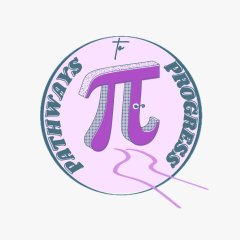15:00
Cohomology of subgroups of SL2
Abstract
Given an FP-infinity subgroup G of SL(2,C), we are interested in the asymptotic behavior of the cohomology of G with coefficients in an irreducible complex representation V of SL(2,C). We prove that, as the dimension of V grows, the dimensions of these cohomology groups approximate the L2-Betti numbers of G. We make no further assumptions on G, extending a previous result of W. Fu. This yields a new method to compute those Betti numbers for finitely generated hyperbolic 3-manifold groups. We will give a brief idea of the proof, whose main tool is a completion of the universal enveloping algebra of the p-adic Lie algebra sl(2, Zp).



 As of this week, Friday's@2 is back for Hilary term, taking place as usual in L1 every Friday at 2pm, followed by tea, coffee and biscuits in the foyer.
As of this week, Friday's@2 is back for Hilary term, taking place as usual in L1 every Friday at 2pm, followed by tea, coffee and biscuits in the foyer. Registration for this year's conference for women and non-binary people in Maths is now open - sign up
Registration for this year's conference for women and non-binary people in Maths is now open - sign up